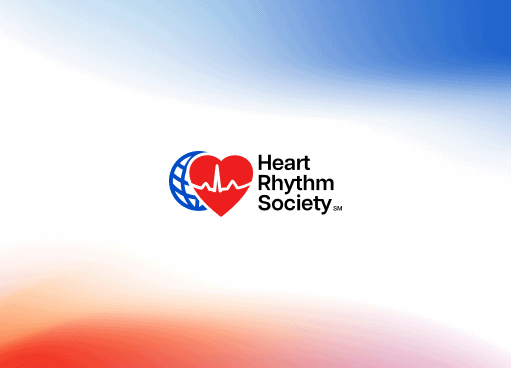November 8, 2019—The aim of this document is to describe the current knowledge on the risks for device-related infections and to assist health care professionals in clinical decision making regarding their prevention, diagnosis, and management by providing the latest update of the most effective strategies.
Pacemakers, implantable cardiac defibrillators, and cardiac resynchronization therapy devices are life-saving treatments for a number of cardiac conditions. Device-related infection is, however, one of the most serious complications of cardiac implantable electronic device (CIED) therapy associated with significant morbidity, mortality, and financial health care burden. Although many preventive strategies such as administration of intravenous antibiotic therapy before implantation are well recognized, uncertainties still exist about other regimens. Questions still remain such as the use of CIED alternatives expected to be less prone to infections and how to manage medication, such as anticoagulants during CIED surgery, and the role of minimum quality and volume requirements for centers and operators. The recognition of these gaps in knowledge, reports of new important randomized trials, observed divergences in managing device-related infections, and the lack of international consensus documents specifically focusing on CIED infections provided a strong incentive for this consensus document on risk assessment, prevention, diagnosis, and management of CIED infections.
The Heart Rhythm Society endorsed the document on July 28, 2019.
HRS Endorsed
- Yes
Related Resources

Podcasts
The Lead Episode 100: A Discussion of Subcutaneous Implantable Defibrillators in Young Patients
April 18, 2025

Podcasts
The Lead Episode 99: A Discussion of Artificial Intelligence for Individualized Treatment of Persistent Atrial Fibrillation
April 15, 2025

Webinars
The Beat Episode 18: The Autonomic Nervous System – Next Ablation Frontier LIVE Online Question and Answer Session
April 8, 2025